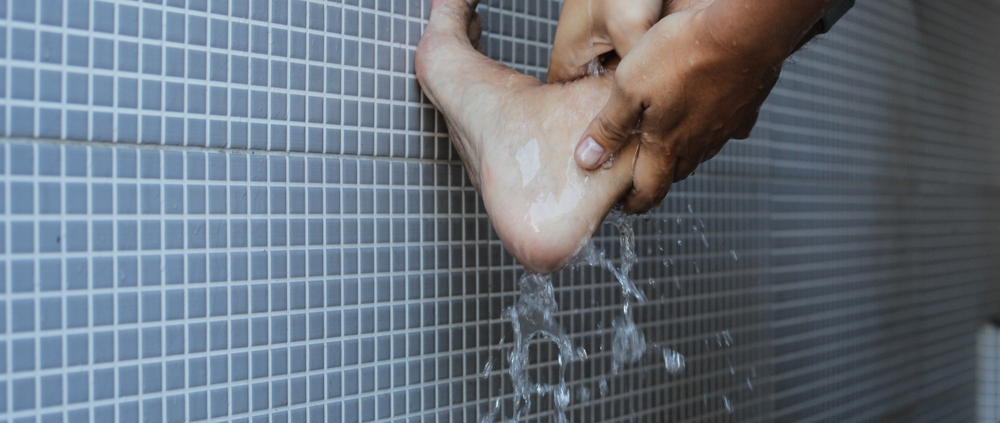When Is Water Not Valid for Wudu?
Hanafi Fiqh
Answered by Ustadh Sufyan Qufi
Question
I’ve read that your head and feet must be dry during wudu, is this true? Also, does my ears also have to be dry? Can my feet and head (maybe ears) be damp?
I also read that the wudu water can’t be mixed with other water, is this true? (For example, if I’m washing my arms and I touch the tap and the tap is watery; is my wudu then invalid?)
I know that Shias believe that if there is cat hair on your prayer clothes, then your prayer is void, is this true? (I am a Sunni)
Answer
In the name of Allah, Most Compassionate, Most Merciful,
I pray this finds you in the best of states.
Wudu
No, it is not obligatory for your head and feet to be dry during wudu. The validity of your wudu is only dependent on you washing your face, arms, and feet and wiping your head with purifying water (such as regular tap water) after removing any physical barrier from your skin, such as wax or fat. [Shurunbulali, Nur al-Idah]
No, it is not obligatory for your ears to be dry in order to perform a valid wudu.
No, touching your watery tap won’t invalidate your wudu.
It is only when the water has been affected by filth (such as blood or urine) or has been mixed with solids (such as mud) or liquids other than water (such as vinegar) that this water may not enable you to perform a valid wudu.
You can find some details here: When Does Water Become Filthy?
But, in general, water mixed water will not prevent the original water from enabling you to perform a valid wudu.
Nonetheless, the water leaving your skin after you have washed your limbs during wudu is considered used water. This water cannot be reused to perform wudu. So avoid having it fall into the container of unused water that you are using to perform your wudu.
This issue doesn’t come into play when you are performing wudu directly from a tap.
And Allah knows best.
Wassalam
[Ustadh] Sufyan Qufi
Checked and Approved by Shaykh Faraz Rabbani
Ustadh Sufyan Qufi is an advanced seeker of knowledge, originally from Algeria, who grew up in France. He began searching far and wide for answers to the fundamental questions of life and was disappointed at the answers he found. Then he connected with various traditional teachers and gradually connected with SeekersGuidance. He embarked on his journey of learning through the various teachers at SeekersGuidance, including his mentor Shaykh Faraz Rabbani. He studied numerous texts in Islamic Law, Theology, Hadith, and other areas with Shaykh Faraz Rabbani and other teachers, including Shaykh Abdurrahman al-Sha‘ar, Shaykh Ali Hani, and others. He is an active instructor at SeekersGuidance and answers questions through the SeekersGuidance Answers Service.
